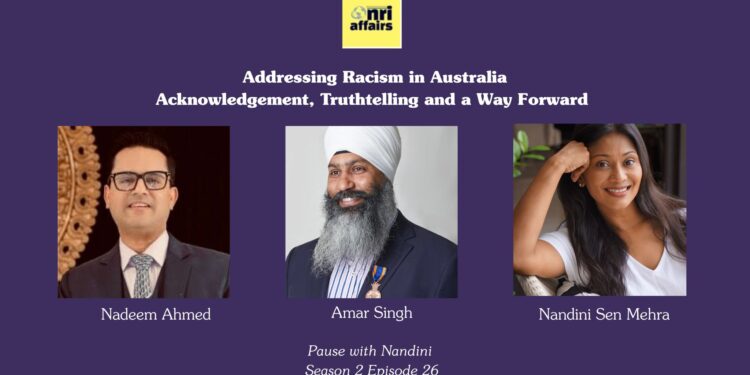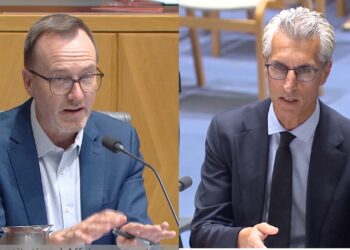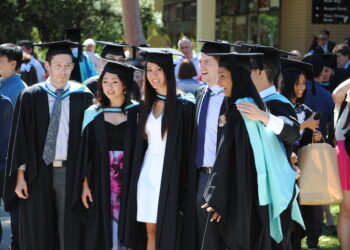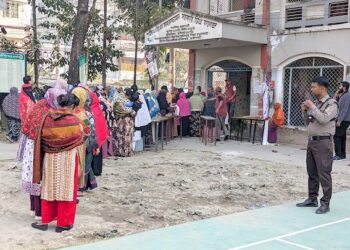Prominent Indian-Australian leaders have condemned the surge in racist comments following the Air India plane crash in Gujarat, calling for stronger action against hate speech and systemic racism in Australia.
The tragic crash on 17 June, which killed more than 200 people, was met with an outpouring of grief from the global Indian diaspora. However, it also triggered a wave of vile racist remarks on social media, including comments such as “Less Indians is a good thing” and “Slimy, stinky, scamming, arrogant dogs.”
In a frank discussion on Pause with Nandini, community leaders Amar Singh (founder of Turbans 4 Australia and 2023 Australian of the Year – Local Hero) and Nadeem Ahmed (founder of Indians in Sydney) expressed deep concern over the normalisation of such hatred.
“Casual Racism is Becoming Normalised”
Nadeem Ahmed highlighted how online platforms enable unchecked bigotry. “People believe it’s just normal—they mock, stereotype and outright abuse, while others laugh along with emojis,” he said. “This behaviour dehumanises entire cultures and turns differences into divisions.”
Amar Singh shared his own experiences, recalling how migrants—particularly those of visible minority backgrounds—are unfairly targeted, even in political rhetoric. “We’ve seen this during COVID when flights from India were banned, and now with election fear-mongering about migrants,” he said. “Our people work hard to contribute to Australia, yet we’re still treated as outsiders.”
Government and Media Must Act
Both leaders criticised the lack of accountability from social media companies and authorities. Singh pointed to hate groups that mock Indian tragedies and religious symbols, yet face no consequences. “Moderators ban those who report racism but allow the racists to keep posting,” he said.
Ahmed called for racism to be treated as a public health crisis, citing its mental health toll on young Indian-Australians. “We acknowledge multiculturalism in festivals, but not in policies that protect people from discrimination at work or school,” he said.
A Call for Community Solidarity
The conversation also addressed the shame and stigma preventing victims from speaking out. Singh emphasised the need for mental health support, citing rising substance abuse and suicide in the Indian community. “We celebrate Diwali and Eid, but where are the events for mental health and domestic violence support?”
Ahmed urged an end to toxic stereotypes like “man up” culture. “If we stay silent, we’re complicit. Healing starts when we stand together.”
What’s Next?
The leaders demanded:
- Stronger hate-speech laws with faster social media moderation
- Government acknowledgement of racism as a systemic issue
- Community-led initiatives to support victims and educate the public
“Australia prides itself on multiculturalism,” Singh said. “But real change means going beyond token festivals and actually listening to those facing discrimination every day.”
As the Indian diaspora mourns the Air India victims, the fight against racism in Australia gains renewed urgency.











